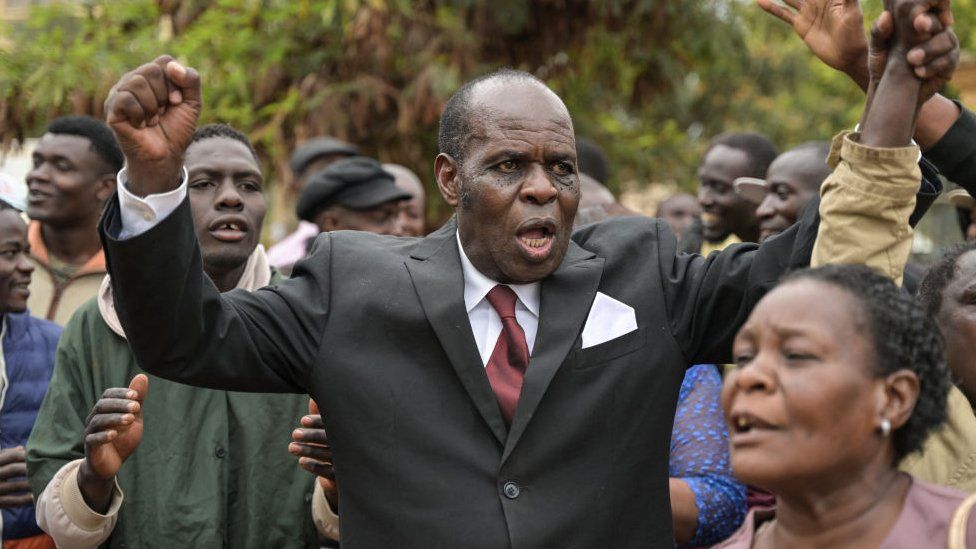Nairobi, Kenya.
A Kenyan court has acquitted Gilbert Deya, a self-styled preacher who claimed he could help infertile couples conceive “miracle babies” through prayer. The court found insufficient evidence to link Deya to the charges of child trafficking. Senior Principal Magistrate Robison Ondieki ruled in favor of the acquittal, highlighting the lack of compelling evidence provided by the prosecution.
Gilbert Deya, a former stonemason who had been based in London since the mid-90s, faced allegations of stealing five children between 1999 and 2004 to support his claims of miraculous conception. His ministry, known as Gilbert Deya Ministries, operated across various cities in the UK.
Deya and his wife, Mary, gained attention for their belief that their prayers could enable infertile and post-menopausal women to become pregnant within four months, without the need for physical intimacy. However, the prosecution argued that the children associated with these claims were actually abducted from disadvantaged areas in Nairobi.
During the trial, defense lawyer John Swaka strongly asserted that the charges against Deya lacked merit and failed to withstand legal scrutiny. Following the acquittal, Swaka expressed his client’s satisfaction and stated that Deya would resume his religious activities without any conflicts.
The case initially came to light in 2004 when a British coroner investigated the death of a three-week-old baby named Sarah. The coroner’s findings revealed that the child was not biologically related to the supposed parents. The mother, who believed she was infertile, traveled to Nairobi and claimed to have given birth there. However, subsequent DNA tests disproved her claims. The case marked a rare occasion where an English coroner had to examine the possibility of a miracle.
Deya maintains that he was ordained as an archbishop by the United Evangelical Churches of America in 1992. Prior to his relocation to the UK, he enjoyed popularity as a televangelist in Kenya. The recent discovery of bodies linked to a Kenyan cult, which practiced extreme fasting in hopes of meeting Jesus Christ, has sparked discussions about the regulation and oversight of religious organizations in the country. The authorities have uncovered a significant number of bodies in the Shakahola forest along the Kenyan coast, and the alleged cult leader, self-proclaimed pastor Paul Nthenge.















